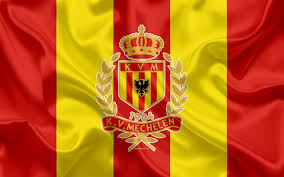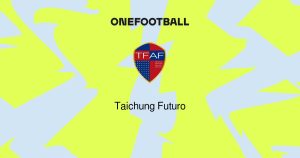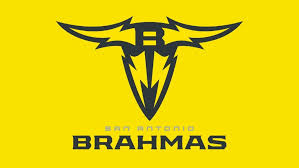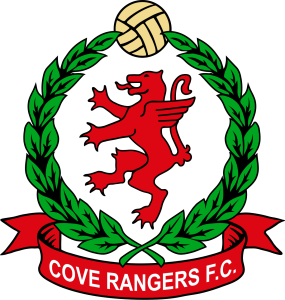
KV Mechelen FC
In the landscape of Belgian football, KV Mechelen FC stands out not just as a club but as a symbol of tradition, resilience, and passionate community spirit. Established over a century ago, KV Mechelen FC has weathered numerous challenges—ranging from financial hardships to relegations—and experienced glorious moments including domestic cup victories and shining European campaigns. This rich tapestry of highs and lows has ingrained the club deeply in Belgian sporting culture, making it a fascinating subject for football enthusiasts worldwide. This article delves deep into the history, achievements, culture, fanbase, and future outlook of KV Mechelen FC, offering a comprehensive portrait that goes far beyond mere statistics.
The Origins and Early Days of KV Mechelen FC
Understanding the roots of KV Mechelen FC provides a strong foundation for appreciating its current stature. The club’s early years were marked by ambition, community involvement, and gradual growth into a competitive force in Belgian football SHBET.
Founding Moments and Historical Context
KV Mechelen FC was officially founded in 1904, a time when football was beginning to establish itself firmly within Belgian society.
Initially, like many European clubs of that era, KV Mechelen FC emerged from a local initiative driven by young sports enthusiasts eager to formalize their passion through organized competitions.
This period in Belgium saw rapid urbanization, and football clubs became important social hubs that brought diverse groups together. For KV Mechelen FC, the atmosphere in Mechelen—a city strategically situated between Brussels and Antwerp—played a crucial role. The city’s vibrant working-class population provided a fertile ground for football’s growth, with the club becoming an emblem of local pride.
It’s fascinating how these formative years mirrored broader European trends where football clubs often served as both recreational outlets and symbols of emerging civic identities. The club’s early adoption into Belgium’s football league system highlights its seriousness even from inception, setting the stage for future successes.
Initial Challenges and Milestones
Despite football’s growing popularity, KV Mechelen FC faced considerable obstacles during its nascent years.
Financial constraints limited their ability to recruit top players, forcing reliance on homegrown talent and fostering a distinct playing style rooted in teamwork rather than individual brilliance.
The outbreak of World War I disrupted Belgian football entirely, halting league play and compelling clubs like KV Mechelen FC to focus on survival. Yet, post-war, the club quickly regained momentum, reflecting both its organizational resilience and the unyielding support of its community.
By the 1920s, KV Mechelen FC had solidified its presence in the national leagues, laying down a competitive marker. These foundational decades may not have yielded silverware, but they crafted a resilient culture that would pay dividends in later years. This persistence amid adversity is a recurring theme in the club’s narrative, underscoring why it commands such respect today.
Building a Unique Identity in Belgian Football
As the Belgian football landscape evolved, so too did KV Mechelen FC’s identity.
Unlike larger urban clubs with massive resources, KV Mechelen FC cultivated an underdog ethos, emphasizing gritty performances and close ties to its supporters.
Their stadium, Achter de Kazerne, became more than just a venue—it was a fortress that embodied the club’s fighting spirit and communal warmth.
This period also saw the nurturing of youth talent, highlighting a commitment not merely to immediate success but sustainable development. Such philosophies resonated deeply within the local populace, forging bonds that transcended match days.
From a personal standpoint, the beauty of KV Mechelen FC early evolution lies in its authentic connection to place and people—a contrast to the increasingly commercial nature of modern football. It reminds us that the soul of the game still thrives in clubs built upon genuine community engagement.





